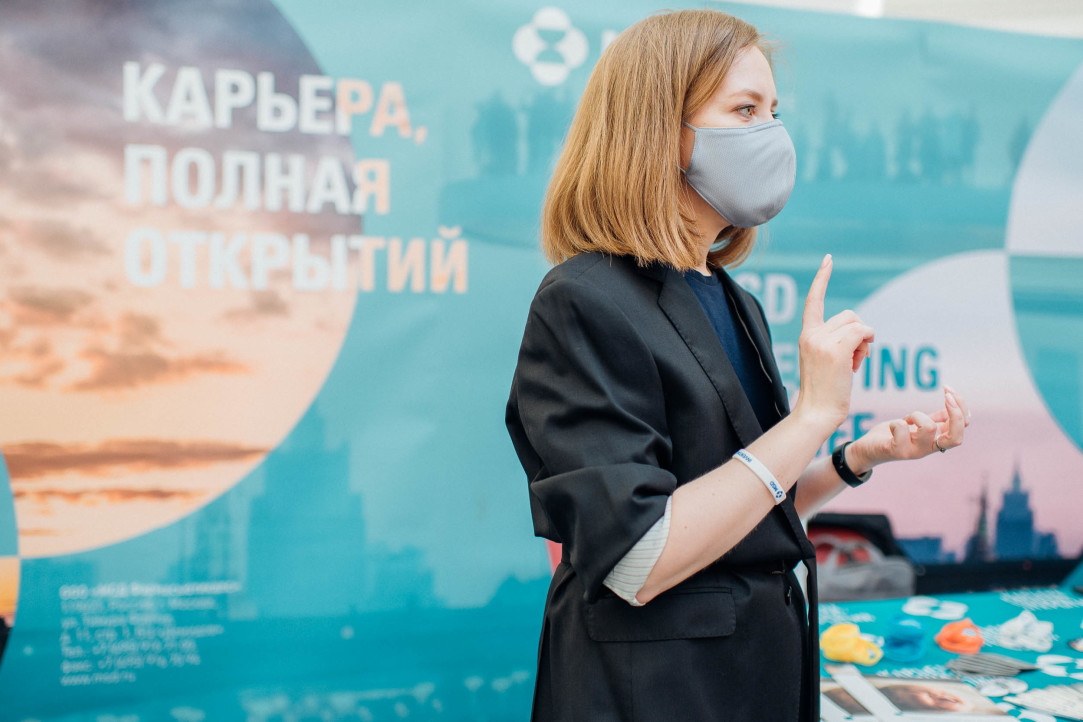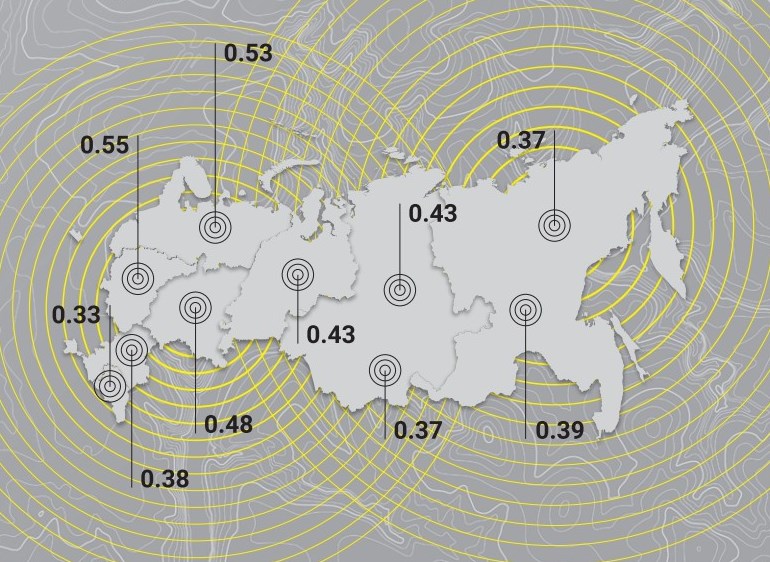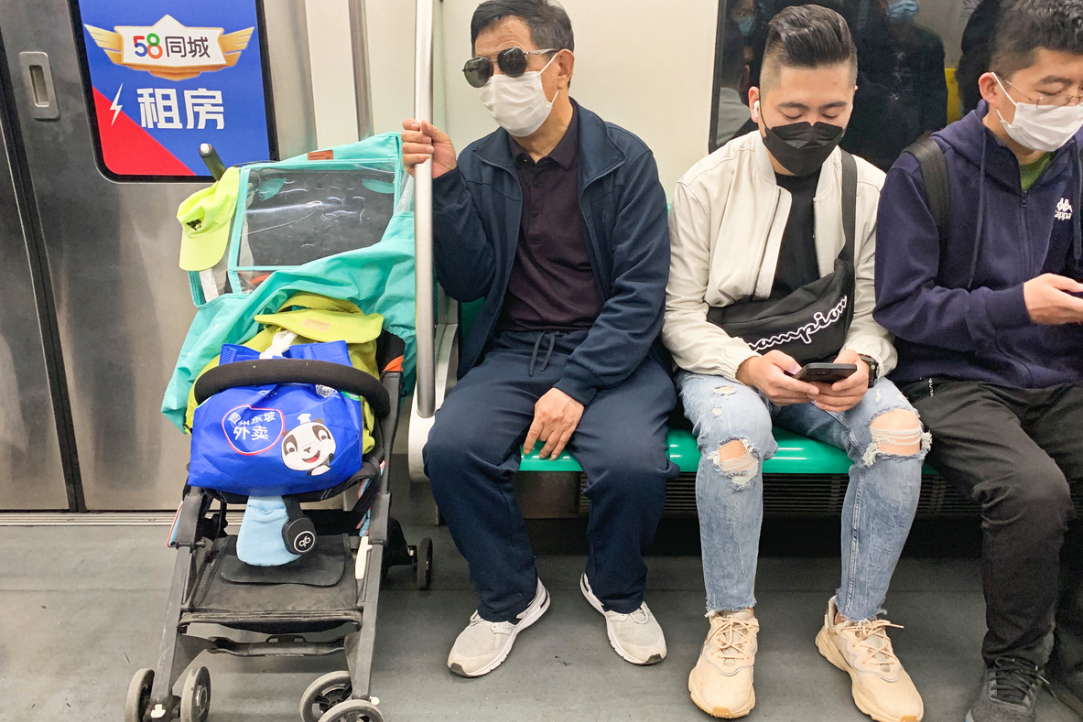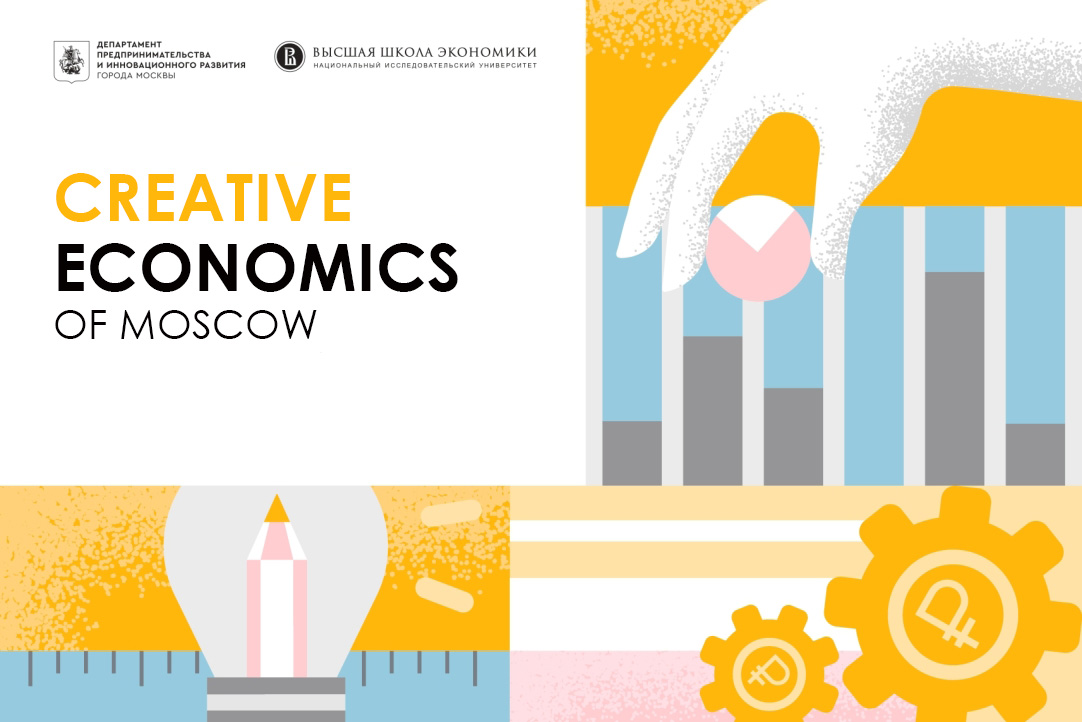.jpeg)
HSE University Rated Highly by International Students
The majority of foreign students at HSE University feel at home, are happy with their study experience and would apply here again if given the choice. They would also recommend HSEUniversity to others. These are the results of a survey of international students published in the latest edition of the That's So HSE newsletter.

University Quality, Academic Performance, and Work Experience Are Important Signals in the Labour Market
People with higher education enjoy higher salaries and are at considerably less risk of unemployment. The World Bank estimates that an extra year of university studies in Russia yields an 8% return on investment. The quality of a university, the specific field of study, and students’ individual strategies are all key factors in ensuring success in the labour market. These topics were discussed by Viktor Rudakov, Senior Research Fellow and Deputy Head of the International Laboratory for Institutional Analysis of Economic Reforms, Assistant Professor of the Faculty of Economic Sciences, HSE University, in an open lecture on ‘How and Where to Study to Become Successful in the Labour Market’.

CPD Training of Staff Boosts Self-confidence
There is a significant psychological effect of continuing professional development programmes, i.e. people feel more confident in solving problems. After training, employees note that they cope better with tasks both at work and home.

How to Improve the Vaccination Campaign and Achieve Global Immunity to COVID-19
An international study conducted with the participation of HSE University researchers has found that people in developing countries are much more willing to get vaccinated, the most common reason for not getting vaccinating is fear of side-effects, and attitudes towards vaccination are primarily influenced by doctors and health professionals.

HSE University Publishes Seventh Issue of Russian Regional Innovation Scoreboard
Moscow has kept its leading position on the Russian Innovational Scoreboard. The city demonstrates the highest level of economic, educational, and digital development. Second place goes to Saint Petersburg, and third place goes to the Republic of Tatarstan. The leaders also include the Tomsk Region, the Nizhny Novgorod Region, and the Moscow Region. These are the main results of the seventh issue of the Russian Innovational Scoreboard prepared by the Institute for Statistical Studies and Economics of Knowledge (ISSEK), HSE University.

Life with COVID: ‘The Beast Is Dangerous and Needs to Be Watched’
Researchers have yet to evaluate the entire impact of COVID on mortality. However, it is now possible to discuss the first results of some initial studies. The HSE International Laboratory for Population and Health held a webinar ‘The First Year of the COVID-19 Pandemic in Russia (April 2020—March 2021)’. Although the Russian total mortality rate increased during that period, it was Slovakia, Bulgaria, the Czech Republic, and Poland that topped the list. The lowest growth in the mortality rate was observed in South Korea. Meanwhile, researchers have failed to detect a lockdown-induced baby boom anywhere in the world.

‘The Traps in Our Way’: Experts Discuss Job Market and Human Capital in Russia
What fields employees can hope to get high salaries in? What is the return on higher education? How is life expectancy related to retirement age? These and some other issues were discussed by experts at the First Conference ‘Labour Market: Demographic Challenges and Human Capital’ organized by the HSE Human Capital Multidisciplinary Research Centre.

Singapore, Moscow and Shanghai Implemented Most Effective Policies in the Pandemic
The governments of big cities in the Asian and Pacific regions implemented more effective policies during the COVID pandemic than cities in Europe and America. This is the conclusion of a study prepared by HSE University. Singapore did it better than the others, Moscow took second place, while the Top-5 also includes Shanghai, Seoul and Beijing. The researchers say that the key factor in Moscow’s success factor was how quickly economic activity resumed in the city, which was, among other things, supported by large-scale inflows from the city budget.

Creative Moscow: Ahead of Hong Kong and Melbourne, but Far behind Beijing and London
Moscow is not only Russia’s official capital, but its creative capital as well. 54% of the added value of the country’s creative industries is generated here. This was one of the findings presented in the report, ‘Moscow’s Creative Economy in Figures’, prepared jointly by HSE researchers and the Moscow Department of Entrepreneurship and Innovative Development.
.jpg)
Students after the Pandemic: More Anxiety, Less Aggression
Social isolation and limited interaction with other people during the COVID-19 pandemic have had adverse impact on the mental and physical health of Russian students. These are the findings of a survey conducted by HSE University and the Centre of Cross-Cultural Psychology and Ethology of the Institute of Ethnology and Anthropology of the Russian Academy of Sciences (RAS).


Submission Deadline: December 20, 2025